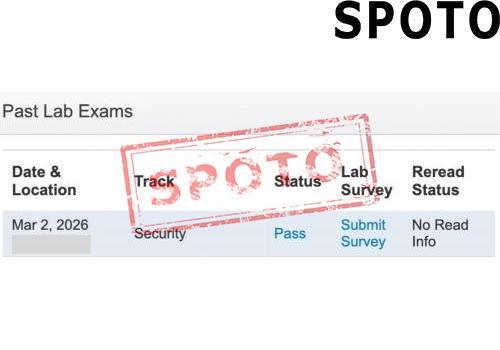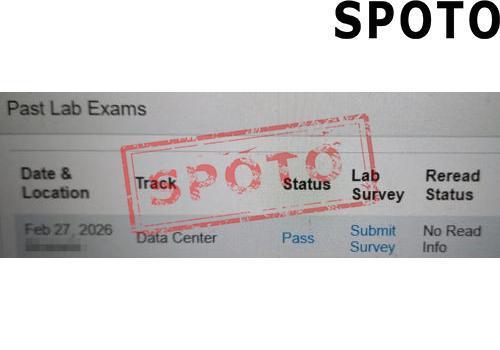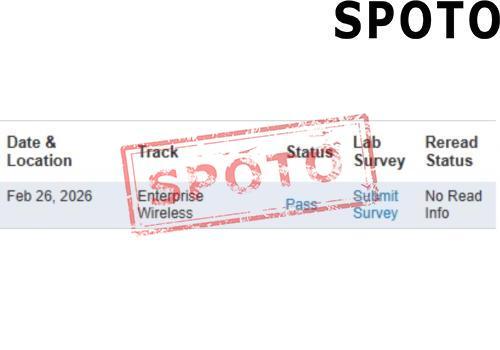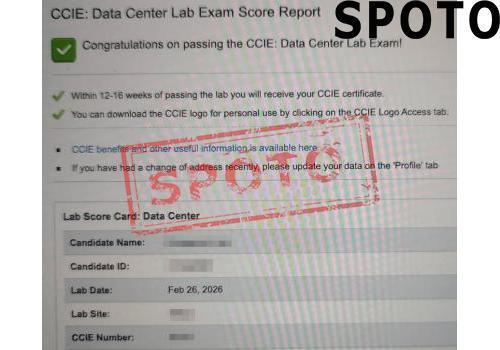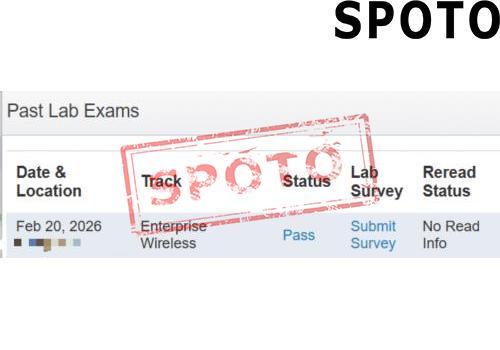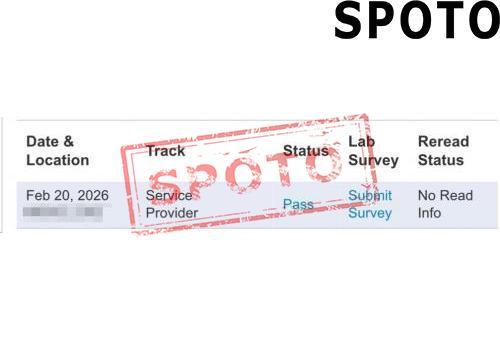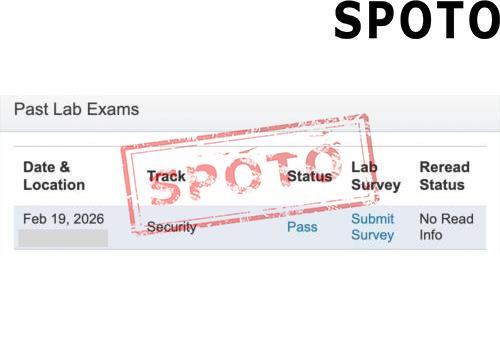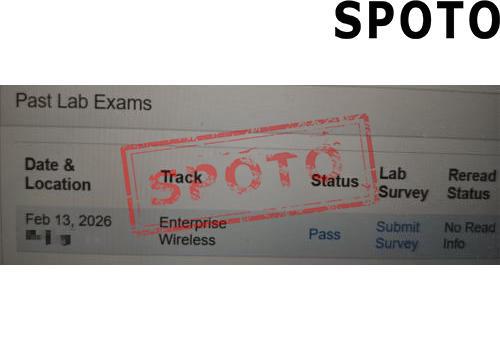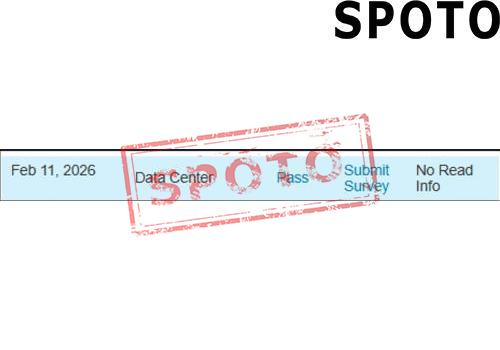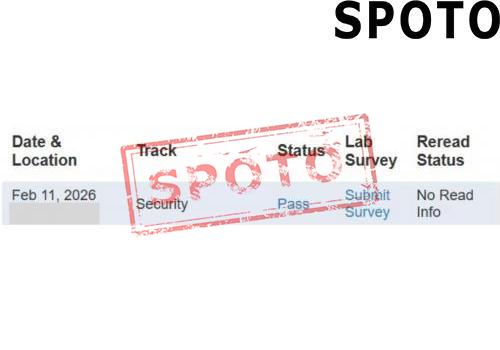
Table of Contents
The Cisco Certified Internetwork Expert (CCIE) Security certification is one of the most prestigious and challenging credentials in the field of networking and cybersecurity. Widely regarded as a benchmark for expertise, this certification tests candidates' ability to implement, configure, and troubleshoot complex network security solutions.
Despite its allure, CCIE Security has a notoriously high difficulty level. Many professionals struggle to pass it, often requiring multiple attempts. In this article, we'll explore why CCIE Security is so challenging and how you can overcome the obstacles to achieve success.
1. Extensive Syllabus
The Challenge
CCIE Security covers a wide array of topics, including:
- Network security fundamentals
- VPN technologies
- Secure network infrastructure
- Identity management and access control
- Advanced threat detection and mitigation
The depth and breadth of the syllabus require a deep understanding of both theoretical concepts and practical implementation. Unlike entry-level certifications, the CCIE Security exam assumes prior expertise in networking and security fundamentals.
The Solution
- Structured Study Plan: Break the syllabus into manageable sections and allocate specific timelines for each topic.
- Official Resources: Use Cisco's official study guides, blueprints, and recommended reading lists to focus on relevant content.
2. Hands-On Lab Exam
The Challenge
The CCIE Security certification has a practical lab exam that lasts eight hours. It evaluates your ability to design, configure, and troubleshoot complex network security solutions in a time-sensitive environment.
- Real-World Scenarios: The lab exam simulates real-world challenges, requiring not just memorization but critical thinking and hands-on skills.
- Time Constraints: Completing all tasks within the allotted time is difficult, especially for those unfamiliar with the exam environment.
The Solution
- Practice in a Realistic Lab Environment: Tools like Cisco's DevNet, Packet Tracer, or third-party platforms like SPOTO's virtual labs can help you replicate the exam conditions.
- Time Management Skills: Practice solving lab tasks within strict time limits to develop efficiency.
- Expert Coaching: Enroll in professional training programs that offer guided practice and expert feedback.
3. Dynamic Exam Format
The Challenge
The CCIE Security exam format changes periodically to keep up with evolving technologies. This means candidates must stay updated on the latest Cisco solutions, architectures, and security protocols. The inclusion of automation and programmability adds another layer of complexity, especially for those without a programming background.
The Solution
- Stay Current: Regularly review Cisco's updates and exam blueprints to align your preparation with the latest requirements.
- Learn Automation Basics: Familiarize yourself with Python, APIs, and Cisco's DevNet resources to tackle automation-related questions.
4. High Cost and High Stakes
The Challenge
The financial and emotional stakes of the CCIE Security exam are high:
- Exam Fees: The written and lab exams are expensive, and multiple attempts can significantly increase costs.
- Time Investment: Preparing for CCIE Security demands months, sometimes years, of dedicated study.
- Stress and Pressure: The difficulty and stakes of the exam can lead to anxiety, impacting performance.
The Solution
- Budgeting: Plan your finances to account for study materials, training, and potential retakes.
- Stress Management: Practice mindfulness techniques, simulate exam conditions, and maintain a healthy work-life balance during preparation.
5. Lack of Real-World Experience
The Challenge
CCIE Security assumes a certain level of professional experience. Candidates without hands-on exposure to Cisco devices or real-world security challenges may struggle with advanced topics and troubleshooting scenarios.
The Solution
- Gain Practical Exposure: Work on Cisco equipment or simulators like GNS3 and Eve-NG to build hands-on skills.
- Simulate Real Scenarios: Use lab environments to recreate network issues and practice troubleshooting.
- Collaborate with Experts: Seek mentorship from experienced professionals who can provide insights into real-world applications.
6. Rigor of the Exam Process
The Challenge
Passing CCIE Security requires clearing both the written and lab exams:
- Written Exam: Tests theoretical knowledge, requiring an in-depth understanding of networking and security principles.
- Lab Exam: Focuses on practical skills in a live environment, demanding precision and efficiency.
Both exams demand not just knowledge but a comprehensive ability to apply it under pressure.
The Solution
- Sequential Preparation: Focus on the written exam first, using it as a stepping stone to deepen your understanding before tackling the lab exam.
- Mock Exams: Take full-length practice exams to gauge your readiness and improve your exam-taking strategies.
7. Limited Study Resources
The Challenge
The advanced nature of CCIE Security means fewer readily available resources compared to entry-level certifications. Finding reliable, up-to-date study materials can be difficult.
The Solution
- Official Cisco Resources: Utilize Cisco's official study guides, training, and DevNet resources.
- Reputable Third-Party Providers: Choose trusted platforms like SPOTO for comprehensive lab dumps, virtual labs, and expert coaching.
- Community Support: Engage with online forums, study groups, and networking communities for tips and shared resources.
Why It's Worth the Effort
Despite its difficulty, CCIE Security remains a highly valuable certification:
- Career Opportunities: CCIE-certified professionals are in high demand, with access to advanced roles like Security Architect, Network Security Engineer, and more.
- High Salary Potential: CCIE certifications are among the highest-paying credentials in IT.
- Industry Recognition: Earning a CCIE establishes you as an expert in your field, enhancing your professional credibility.
Conclusion
The CCIE Security certification is undeniably challenging, requiring extensive knowledge, practical skills, and resilience. However, with a structured approach, the right resources, and consistent effort, it is achievable.
By understanding the challenges and implementing the strategies outlined above, you can overcome the obstacles and join the elite ranks of CCIE-certified professionals. While the journey may be tough, the rewards—both professional and personal—make it well worth the effort.
